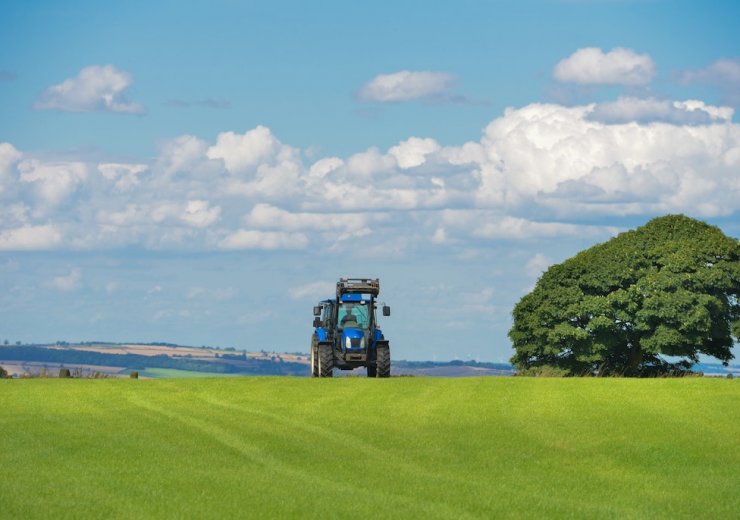
Industrial farming is a major source of greenhouse gas emissions, and farmers are seeing lower yields and less nutritious food because of climate change. With most of the world’s hungry living in climate-stressed regions, and the UK relying on them for much of its own food, we urgently need to move to ‘carbon positive’ farming systems like agro-ecology, to ensure the world can feed itself now and in the future.
Farming contributes to the climate crisis by generating greenhouse gases. It’s also adversely affected by our changing climate, leaving farmers vulnerable to shifting weather patterns, drought and lower yields.
Agriculture accounts for 10% of all EU greenhouse gas emissions. Globally, including emissions from processing, transporting and household waste, the food system is responsible for between 19 and 29% of all greenhouse gas emissions. However, the latest science highlights the importance of avoiding lumping together all greenhouse gases because carbon dioxide, methane and nitrous oxides – in a food and farming context – have different impacts.
Around one third of all food is lost and wasted along the supply chain in transport, processing and at home, adding even more unnecessary greenhouse gasses to the climate. Agriculture is responsible for 75% of global deforestation, which reduces our planet’s ability to capture carbon and slow climate change.
Farming must become low- or zero- greenhouse gas emitting. This is already starting to happen: ‘net zero’ agriculture is gaining ground, with the UK’s National Farmers’ Union urging farmers to aim for net zero carbon emissions by 2040 or earlier.
Some farmers are going ‘carbon positive,’ ensuring that their soils and plants capture carbon, support biodiversity and provide healthy and nutritious food. Shifting away from the current industrial farming model towards an agro-ecological approach that is carbon positive, coupled with a move towards plant-based diets worldwide, would significantly reduce greenhouse gasses.

Farmers must learn to adapt to the effects of climate change. Most of the world’s 821 million hungry and undernourished live in areas most affected by climate change, relying on small-scale subsistence farming. When their farms fail, they migrate to find food or to avoid the violence and unrest that often accompanies resource stress.
The UK has an ethical duty to help small-scale farmers combat the effects of climate change, because it sources much of its food from climate-stressed areas, and because it will increasingly have to deal with the impacts of climate migration.
Exporting industrial-agricultural systems that lock subsistence farmers into technologies they can’t afford isn’t the answer. We must use our research and innovation expertise to support agro-ecological approaches worldwide that conserve resources, protect the natural environment and tackle the climate emergency – for current and future generations.

Julian Baggini considers the merits and flaws in EAT-Lancet's 'planetary health diet'

Leaving the EU - an opportunity to set food, farming and land use on a different trajectory?

The government must be unqualified in its support for the UK’s food supply chain.